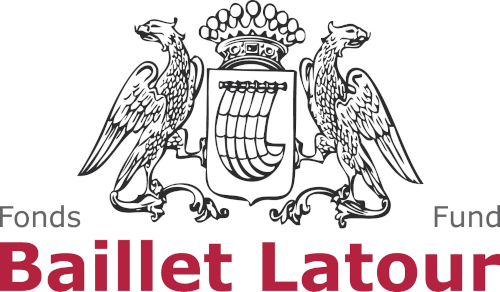Geschiedenis
Wanneer de eerste schepenen in Leuven verschijnen, is onduidelijk. Een eerste verwijzing naar hun bestaan duikt op in een document uit 1131. Toch hebben we pas vanaf het midden van de twaalfde eeuw zekerheid over de aanwezigheid van een schepenbank. Vanaf 1160 rees immers de vraag vanuit verschillende plaatsen uit het Brabantse om onder dezelfde regeling te mogen leven als de Leuvenaars. Dergelijke aanvragen verwijzen impliciet naar de aanwezigheid van reeds functionerende instellingen in Leuven, waaronder een schepenbank als kern van de stedelijke rechtsvorming. De oudst bewaarde schepenprotocollen of schepenbankregisters dateren van 1362.
In 1795 worden de instellingen van het ancien régime en dus ook de schepenbank door het Franse bewind afgeschaft.
Wie?
De schepenbank bestond uit zeven schepenen, jaarlijks benoemd door de hertog en aanvankelijk enkel gerekruteerd uit de adellijke klasse. Vanaf de dertiende eeuw werd het ambt democratischer, stelden de schepenen zich onafhankelijker op en gedroegen ze zich meer als stedelijke vertegenwoordigers.
De belangrijkste ambtenaren van de schepenbank waren de secretarissen. Hun voornaamste taak was het vele schrijfwerk. Zij stonden ook in voor het bewaren van de schepenregisters en van de processtukken die door de partijen werden ingeleverd. Op verzoek van de partijen dienden zij allerlei afschriften en uittreksels te bezorgen. Voor de uitvoering van dit omvangrijke takenpakket hadden de secretarissen een aantal ondergeschikte klerken. Elk van de drie schrijfkamers bestond in de loop van de zestiende eeuw uit twee secretarissen en vijf klerken. Verder maakten ook een deurwaarder, stadsboden, vorsters en procureurs deel uit van het personeelsbestand van de schepenbank.
Bevoegdheden
De Leuvense schepenen waren bevoegd voor de eigenlijke (burgerlijke en criminele) rechtspraak. Hun uitspraak in een geschil of strafzaak was bindend.
Daarnaast waren zij ook verantwoordelijk voor de oneigenlijke of vrijwillige rechtspraak. Daarbij deden de partijen beroep op de schepenbank om bepaalde rechtshandelingen, maatregelen of machtigingen te bekrachtigen. De bepalingen in deze schepenakten waren uitvoerbaar in het hele hertogdom Brabant.
De meest voorkomende rechtshandelingen waren: de verkoop van onroerende goederen, verpachtingen, betalingsbeloften, ontvoogdingsverklaringen, boedelbeschrijvingen, aanvragen tot het poorterschap en testamenten. Daarnaast bevatten de schepenbankregisters nog een heel aantal geïsoleerde akten zoals heel gedetailleerde opdrachten voor het maken van een schilderij of een huis of voor het hergieten van een gebarsten klok in de Sint-Pieterskerk, een klacht van een vrouw over haar echtgenoot, enzovoort.
Niet alleen Leuvenaars maakten gebruik van de Leuvense schepenbank. Ook inwoners van andere Brabantse steden lieten omwille van het prestige van de Leuvense schepenen hun rechtshandelingen hier registreren. De actieradius van de Leuvense schepenbank bedroeg zo’n 100 km.
Cijfers
Aanvankelijk was er slechts één schepenkamer. Door de stijging van het werkvolume werd de schepenbank in 1362 gesplitst in twee kamers. Rond 1399 kwam er nog een derde bij. Elke schepenkamer had zijn eigen griffie en dus ook zijn eigen register. Over een periode van 433 jaar aan een gemiddelde van ongeveer één bewaard register per schrijfkamer per jaar, komt dit neer op 1.128 registers met ca. 950.000 bladzijden.
Belang
Deze schepenbankregisters met de vrijwillige rechtspraak zijn van uitzonderlijk belang en dit niet alleen voor de studie van de geschiedenis van de Leuvense instellingen, verenigingen en universiteit. Ook onderzoekers in de vakgebieden van de volkscultuur, de taalkunde, de toponymie, de antroponymie of persoonsnaamkunde en de genealogie vinden hier vaak materiaal naar hun gading.





